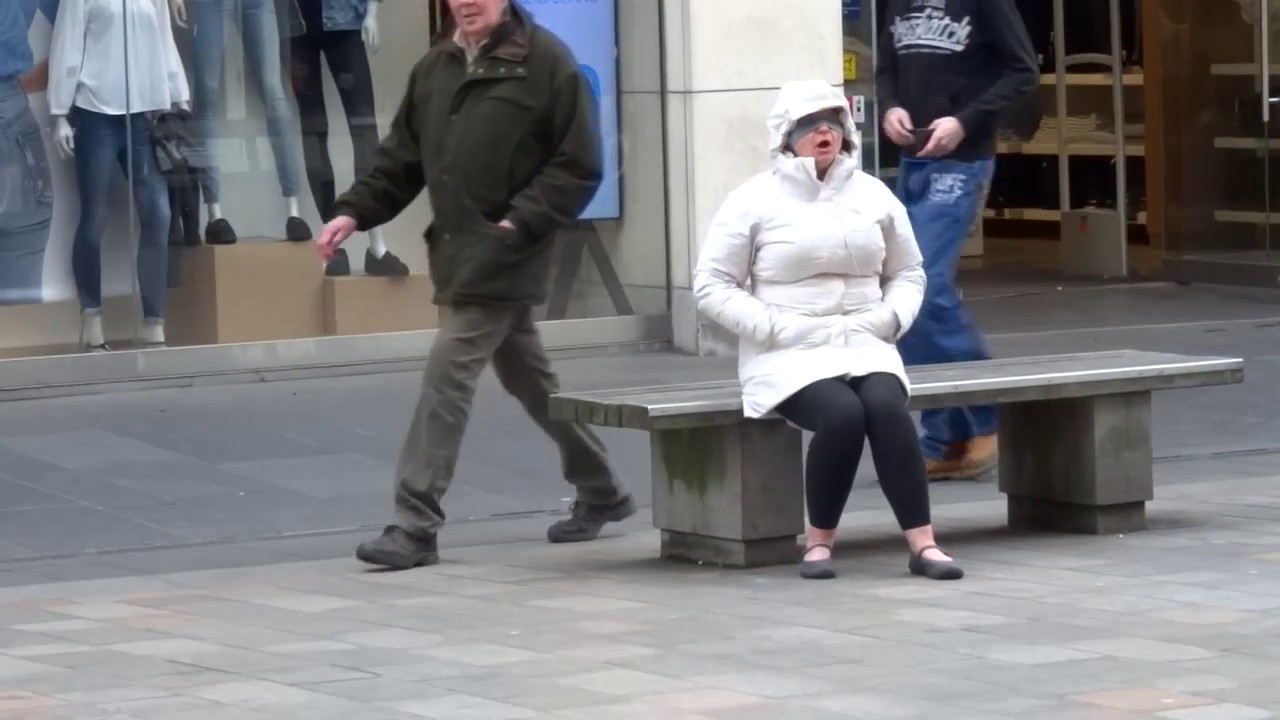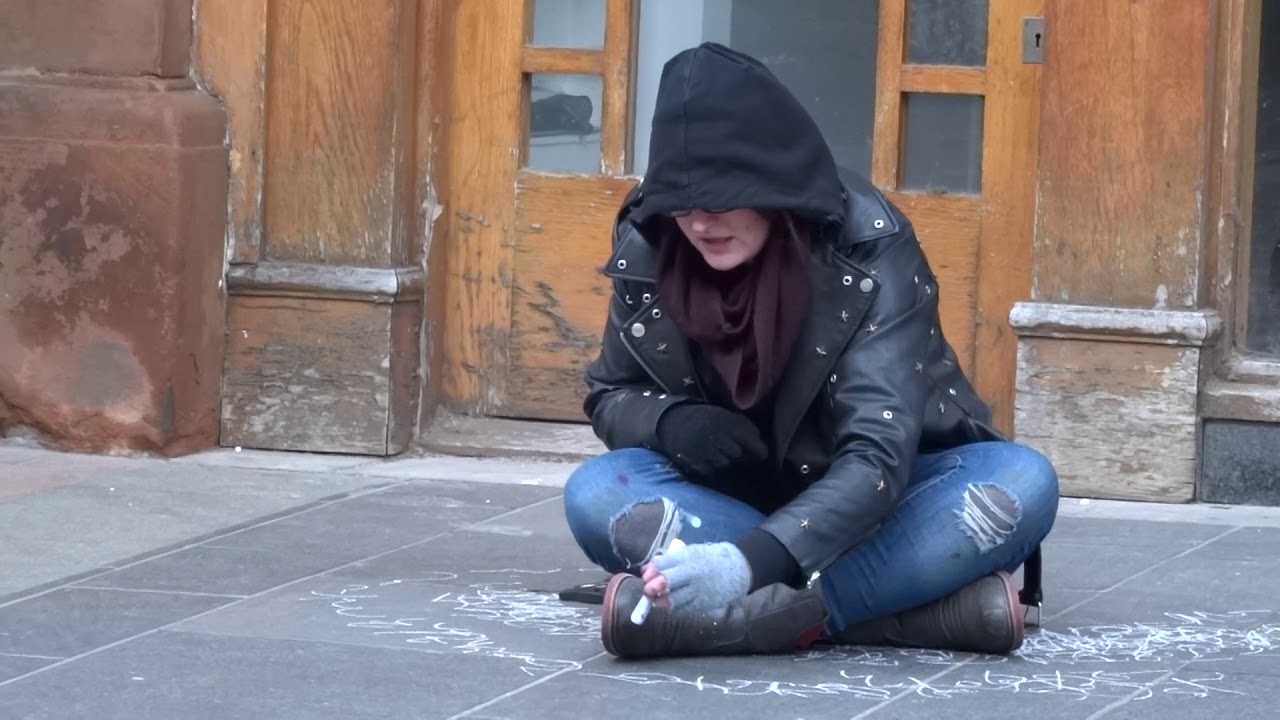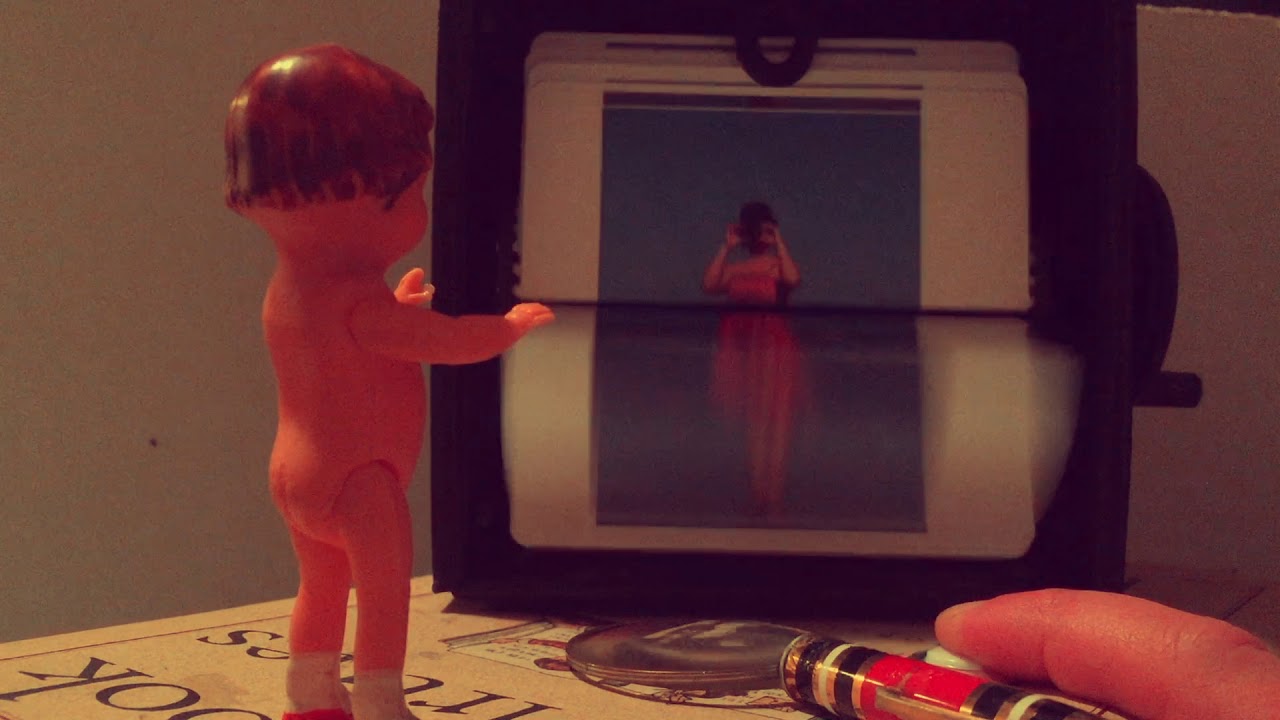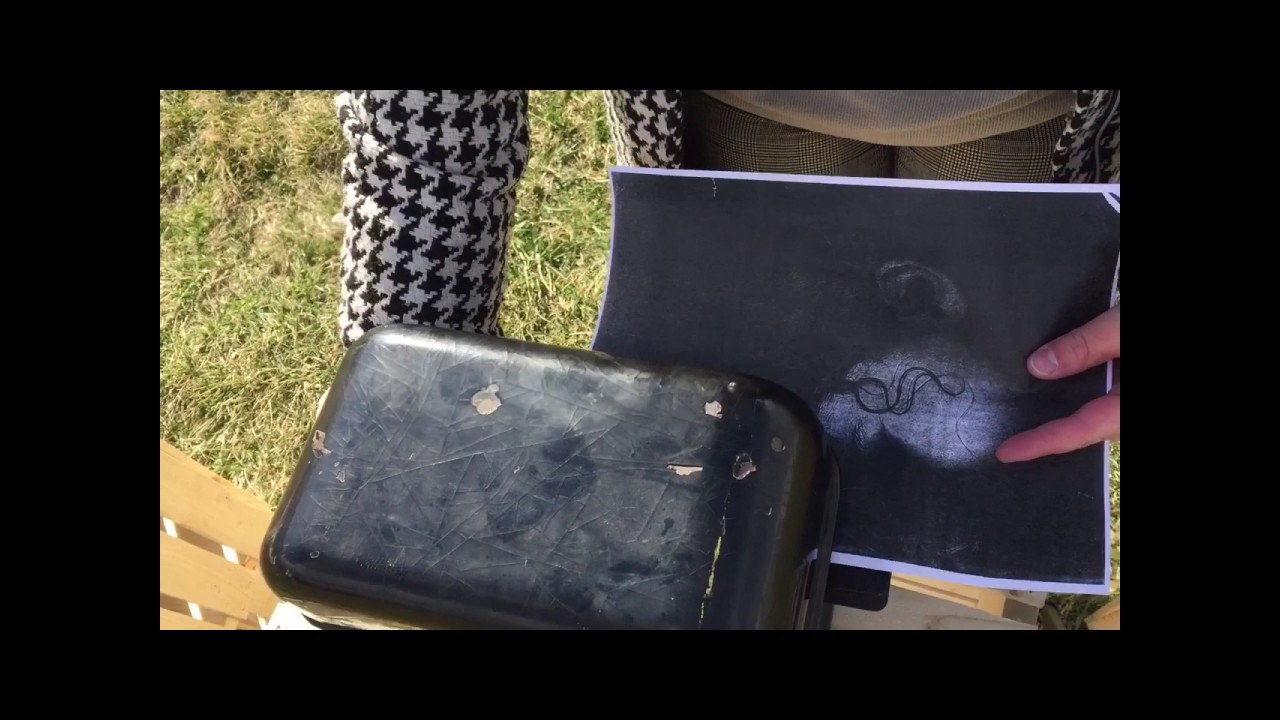Recently I was asked Why submit work to the "establishment", to the institutions I protest or disagree with, i.e. "the man"? I think of my work as protesting mindsets and unsustainable practices more than organizations and institutions. As work done more to offer insight and point to unrealized potentialities than to stage open rebellion. Why submit work to organizations and institutions that can't hear, refuse to listen beyond the echo chamber? To people who will dismiss, ignore, or criticize? Precisely because institutions are made up of people, of individuals, not a monolith of existing. I do it for that one person on the inside that can hear, that does listen. The person looking for a new way to be, unsure if it's even possible, if there really could be (an)other way, let alone able to see one.
We know that real, lasting change happens slowly, one spark at a time, one person at a time, until there is a tipping point. And that we rarely see the little by little plodding and slogging through, the slow drips of ah ha! moments, the small bits of courage that lead to the watershed of a tipping point. This is where I work, in that long slog before. This is where that person looking for a way to be is, in the long slog. I am trying to reach them, wherever they are. Because you never know who will see the work, and what might happen because they did. And you never know where they are.
“The anarchist idea of social transformation is one in which spheres of social action are gradually freed of relations of domination, a process which can go on within and alongside the existing structures… as captured in the phrase ‘Building the new society in the shell of the old.’…”
found in “Anarchism in Education Studies”, by Judith Sussa, a chapter in The Anarchist Imagination, Levy & Newman ed., 2017 Routledge, p. 203
The main output of the DIY Ph.D. performance is really the everyday. It's standing up for the small moments of saying no to misapplied power. To help as many people as possible see that there is always (an)other way. And reach them wherever they are… on Instagram, reading art gallery press releases, going to traditional galleries, in artist collectives, on the sidewalk, in funding bodies, going to living history museums, in bathrobes surfing the internet, and yes… reading academic journals. Most will likely shrug, deride, ignore, dismiss, and condescend. But... there will be that one person, someone who recognizes a bit of how they feel in the work. It's for this person I submit the work anyway, in spite of the overwhelming odds. So they might feel a little less lonely; to inspire, and encourage transformation... one heart at a time.











